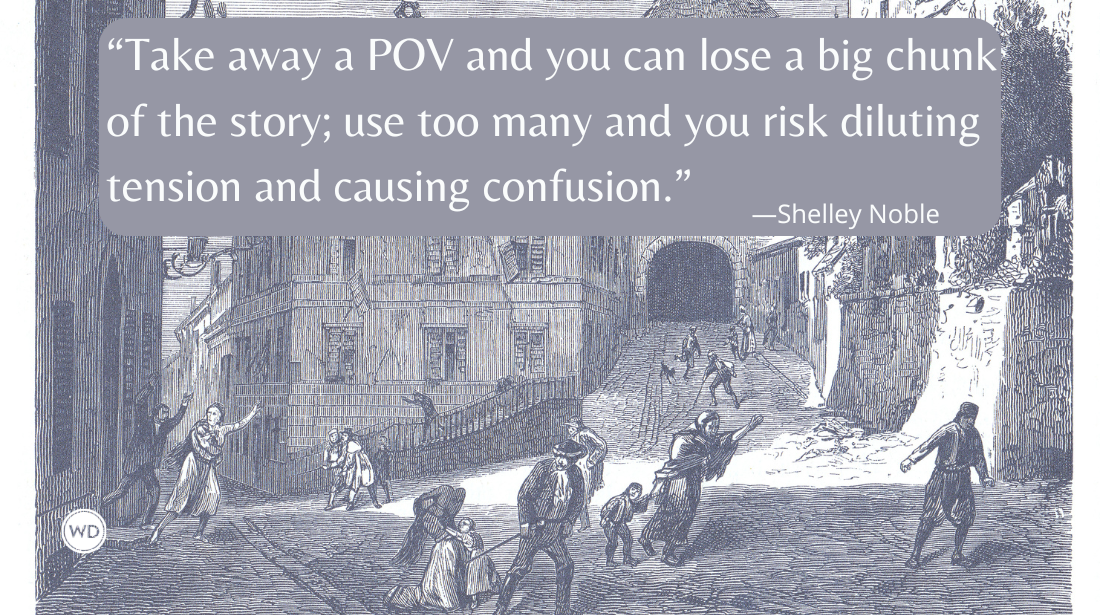Christopher J. Yates: I’m Not One for Planning Plots in Advance
Author Christopher J. Yates discusses writing a standalone story in his already-conceived fictional world with his new psychological thriller, The Rabbit Club.
Christopher J. Yates is the author of Black Chalk and Grist Mill Road. Black Chalk was an Indie Next Pick that was also named a best book of the year by NPR, and a "must read" by the Boston Globe, BBC.com, and the New York Post. He was born in London and studied law at Wadham College, Oxford, and lives in New York's Hudson Valley. Follow him on X (Twitter), Facebook, and Instagram.
In this interview, Christopher discusses writing a standalone story in his already-conceived fictional world with his new psychological thriller, The Rabbit Club, his advice for other writers, and more.
Name: Christopher J. Yates
Literary agent: Jessica Papin (Dystel, Goderich & Bourret, LLC)
Book title: The Rabbit Club
Publisher: Hanover Square Press
Release date: July 8, 2025
Genre/category: Dark academia / psychological thrillers / Literary dark academia
Previous titles: Black Chalk; Grist Mill Road
Elevator pitch: Ali, a Californian dreamer, arrives in Oxford to study English Literature and hoping to reconnect with his famous rockstar dad. When he tries to join a secret society, The Saracens, his world starts to unravel
What prompted you to write this book?
My debut novel, Black Chalk, was published exactly one decade ago in the U.S. and it’s still selling well. Having refused to ever countenance writing a follow-up, I then realized what a complete idiot I am. The Rabbit Club isn’t a sequel, but it is set in the same fictional Oxford I created 10 years ago. There are some overlaps and Easter eggs for Black Chalk fans, but The Rabbit Club is it’s own self-contained story, a tale of “manipulation, betrayal, and tragedy” to quote Library Journal, my favorite review so far
How long did it take to go from idea to publication? And did the idea change during the process?
This is by far the quickest novel I’ve written, probably because I was having so much fun. It took me around 18 months to complete my first three drafts. The idea took on a whole new angle when I visited Oxford to do some research—having already written a third of the novel. I’d forgotten to take notebooks, doh, so went to by some in a bookstore. I saw a three-pack themed around Alice’s Adventures in Wonderland. I’d already written a character named Ali who encounters, in Oxford, a strange world full of odd characters—and top hats! All of a sudden, my novel gained a defining and delightful new angle. Was it happenstance or had my subconscious already planted this seed? Who can say.
Were there any surprises or learning moments in the publishing process for this title?
Absolutely. I discovered how sharp-witted—and sharp with the cutting shears—a great editor can be. Since I began writing, I think I’ve become stronger by the year at self-editing, and when I sent out the manuscript, I was certain it was pretty tight. And yet my editor John Glynn, of Hanover Square Press, did an extraordinary job of helping me boil the story down to its richest essence. I was floored by how much tighter the novel became courtesy of his brilliant notes. And people say editors don’t edit any more. Au contraire!
Were there any surprises in the writing process for this book?
Other than the Alice notebooks mentioned above, yes, dozens of them. I’m not one for planning plots in advance. My writing method is to set myself a series of challenges and puzzles when it comes to plotlines. For example, more than once I have started writing first-person sections without having any idea who is the narrator. At some point, I hope a little voice in my head will pop up with the answer. So far, the little voices haven’t failed me. And when it happens, it feels like a magic trick every time.
What do you hope readers will get out of your book?
I hope they’ll have as much pleasure reading it as I had writing it. I was excited to see in the review in Booklist, that this enjoyment had shone through for the reviewer: “Yates is clearly having fun, and readers will too.” It’s a dark tale in many ways, but dark can also be thoroughly entertaining.
If you could share one piece of advice with other writers, what would it be?
Try setting yourself a puzzle to which you don’t know the answer—because if you don’t know, then it’s most likely that your readers won’t be able to guess or foresee the solution. Then cross your fingers and hope that the little voice in your head will work something out for you while you’re penning the first draft. It’s a wild ride.








